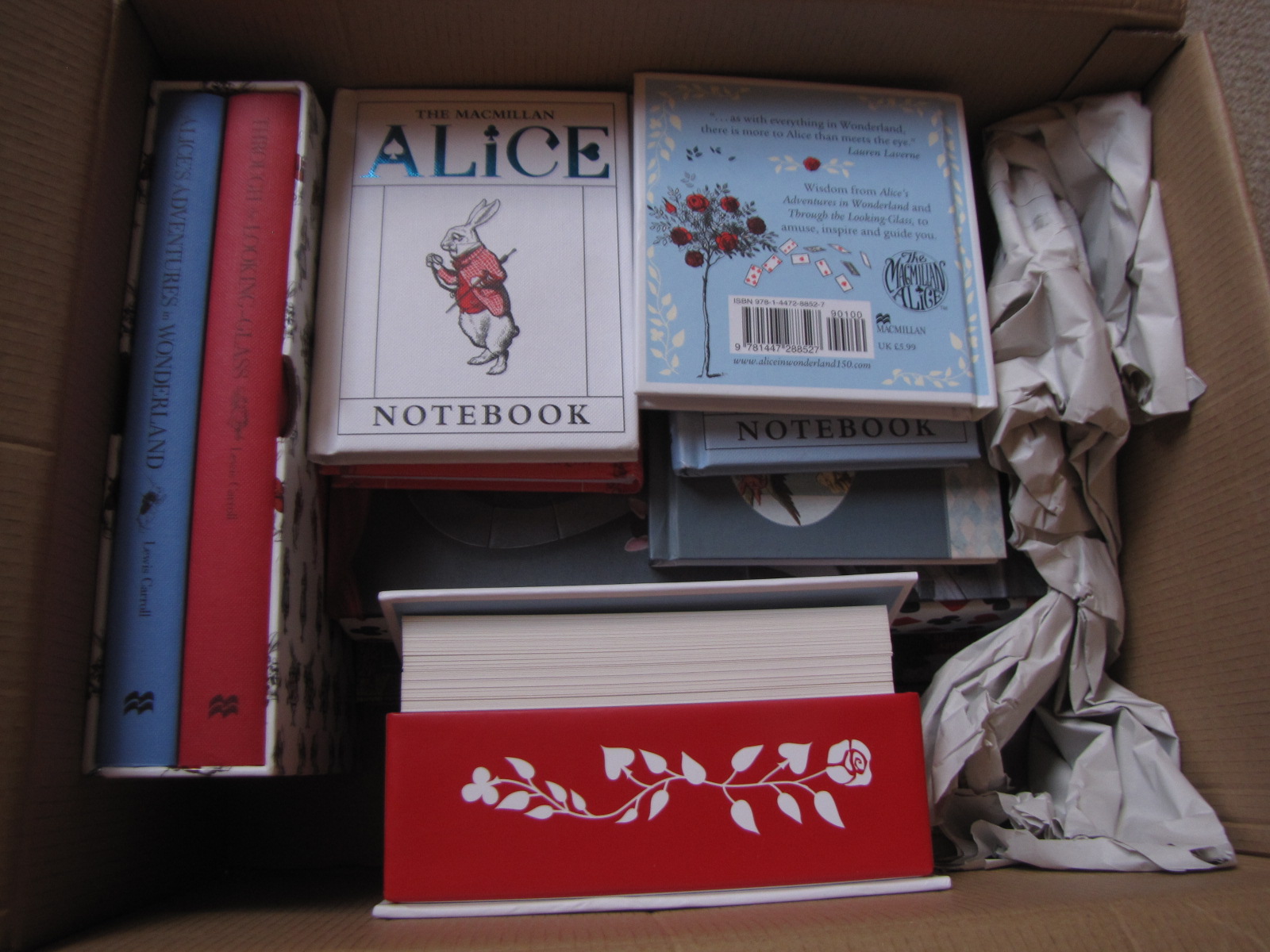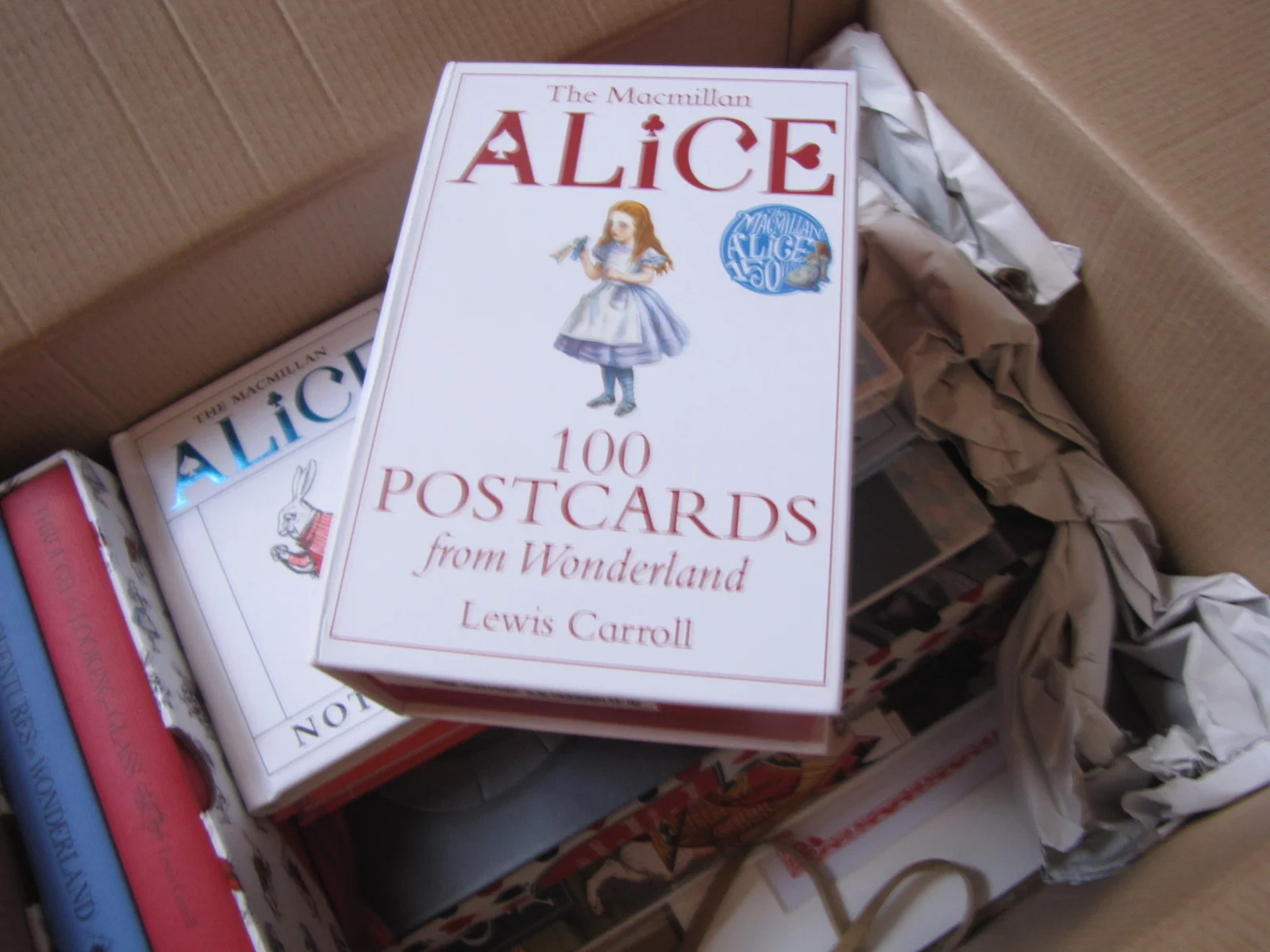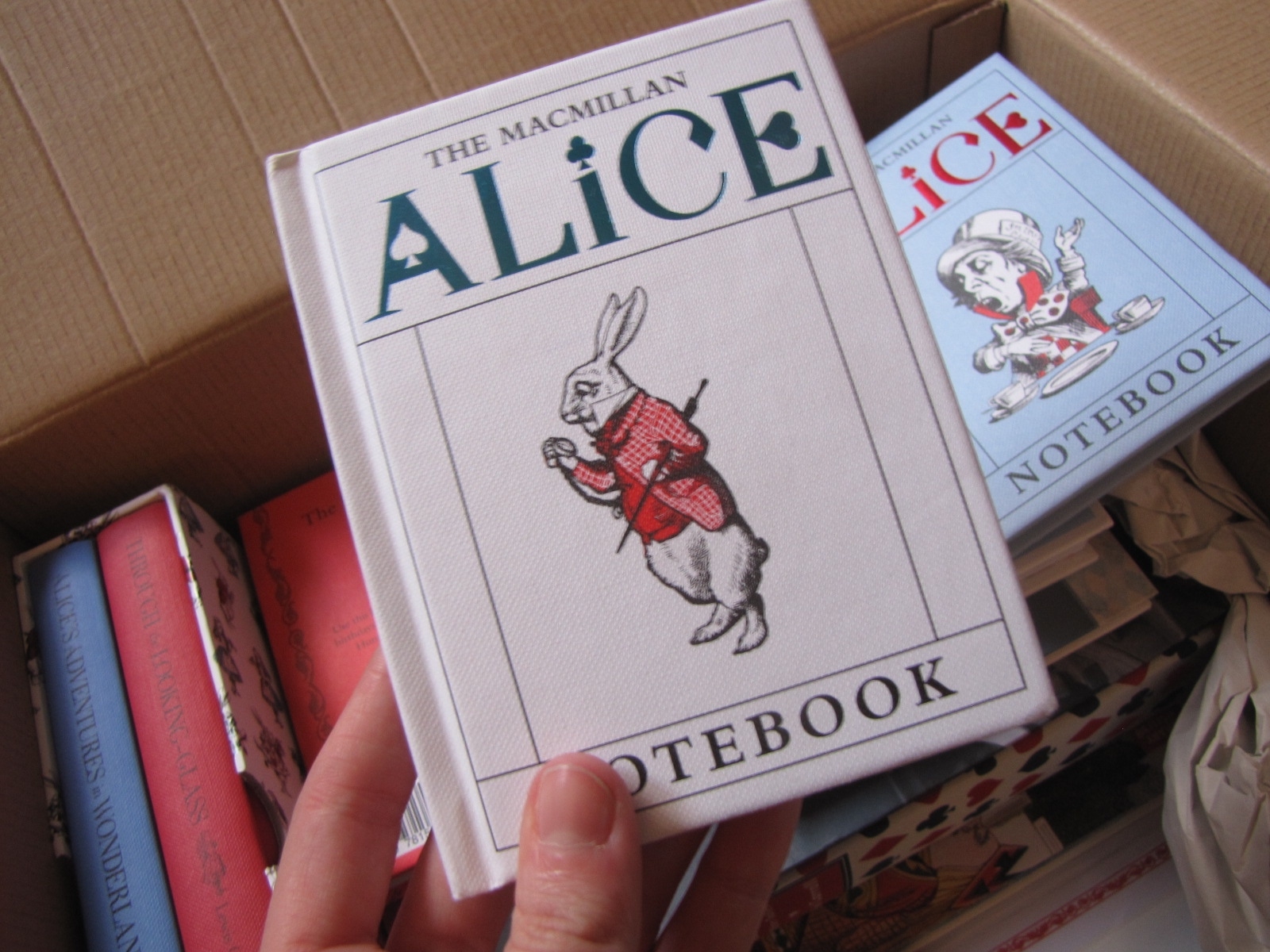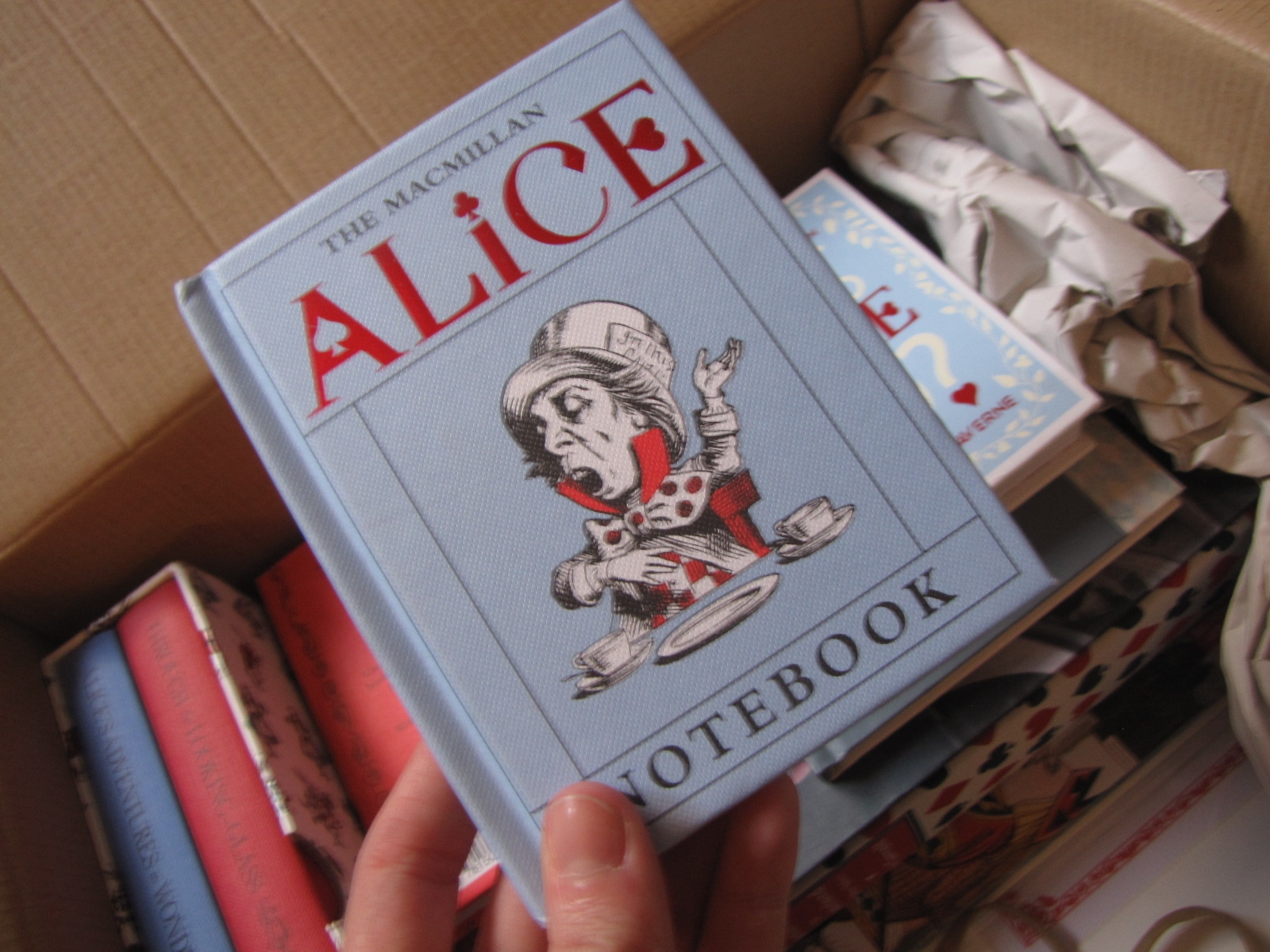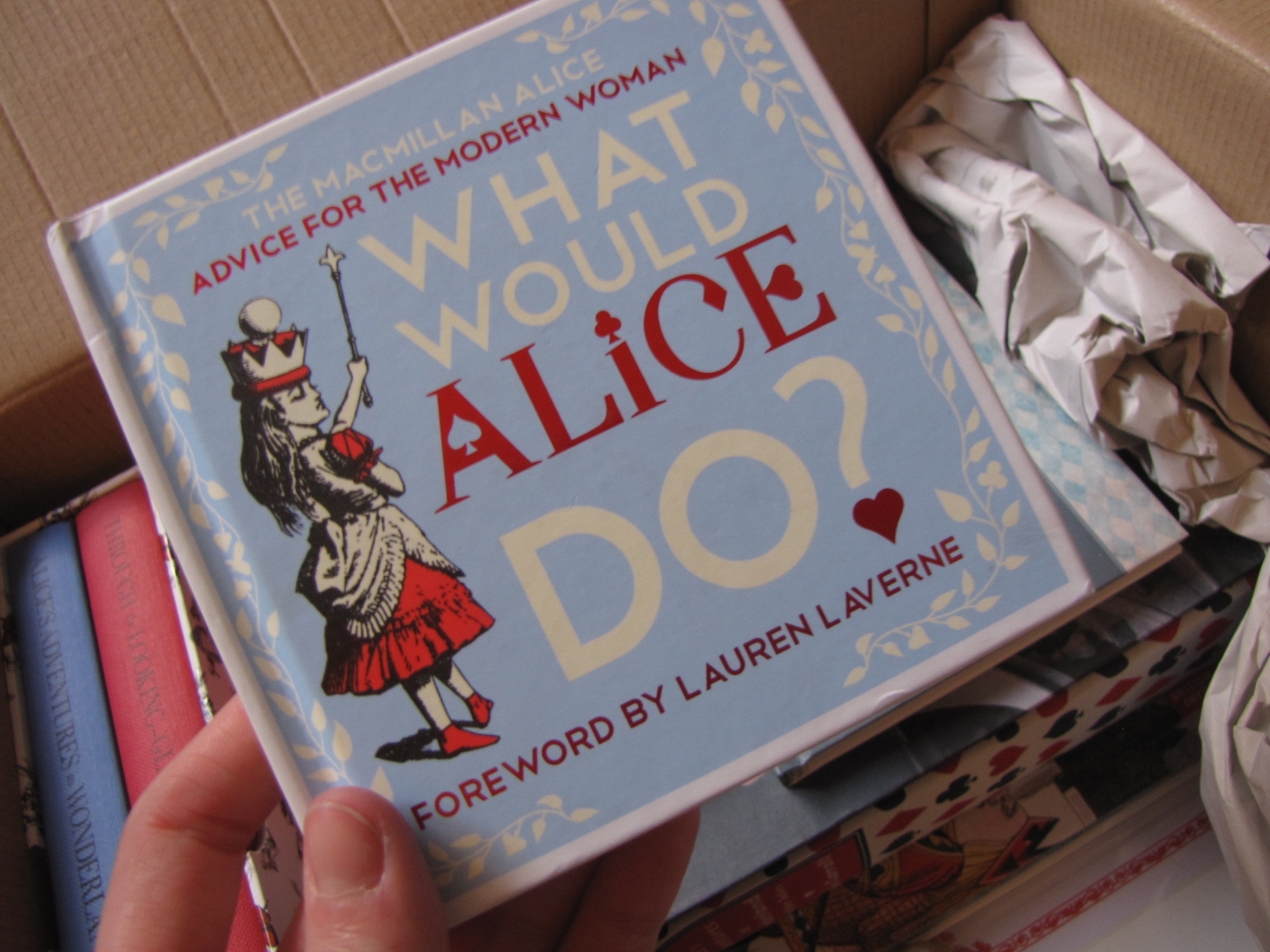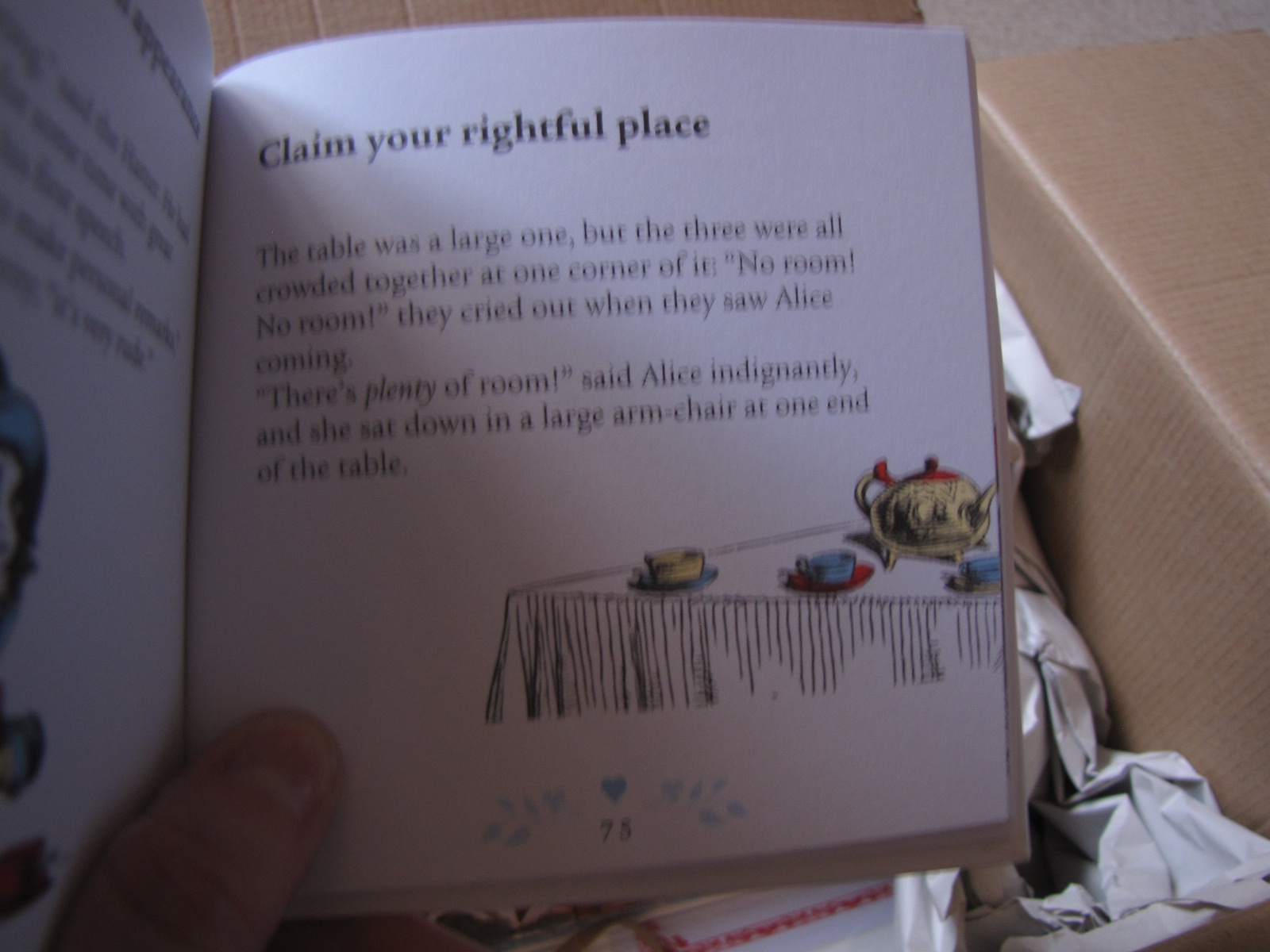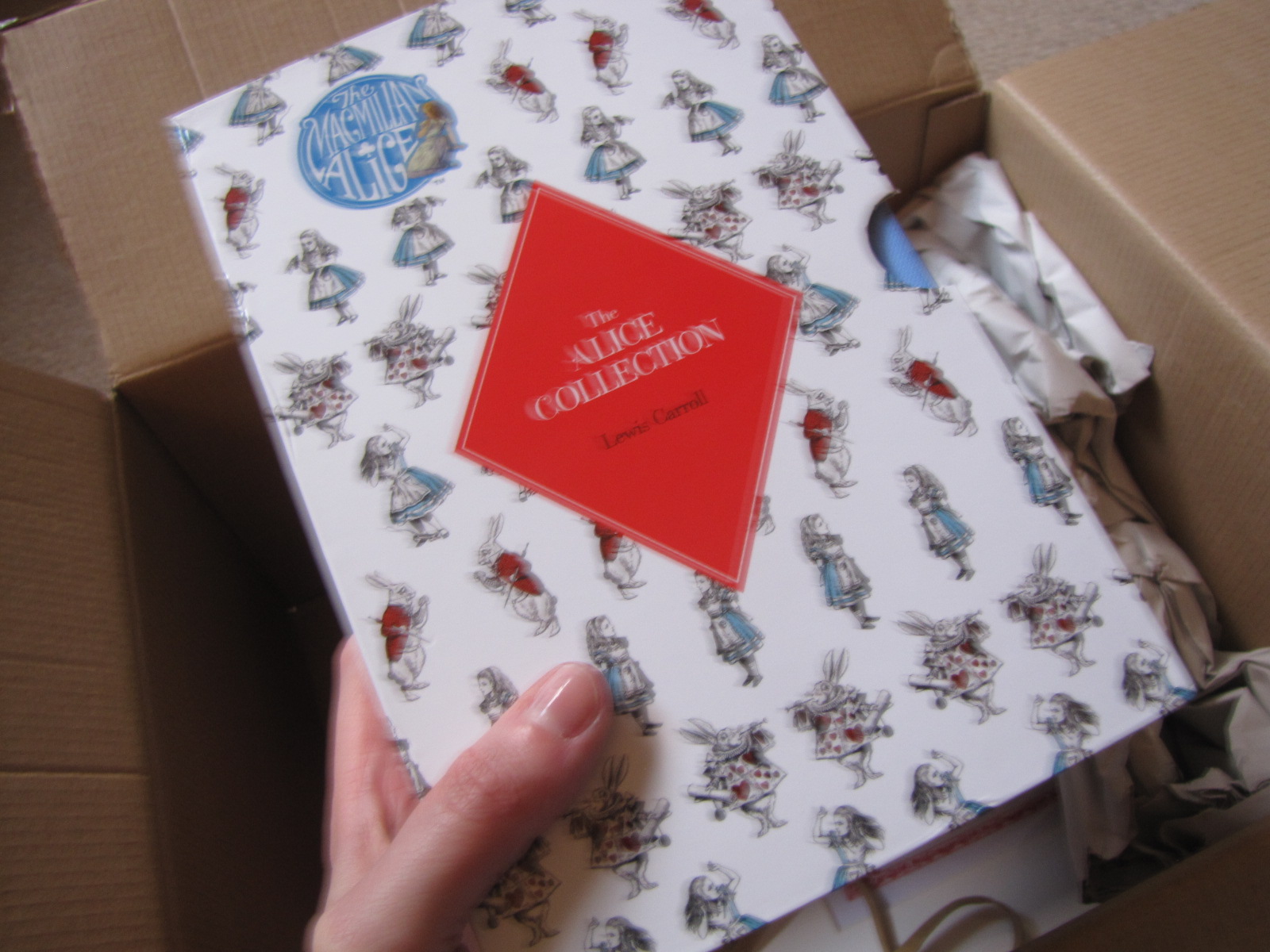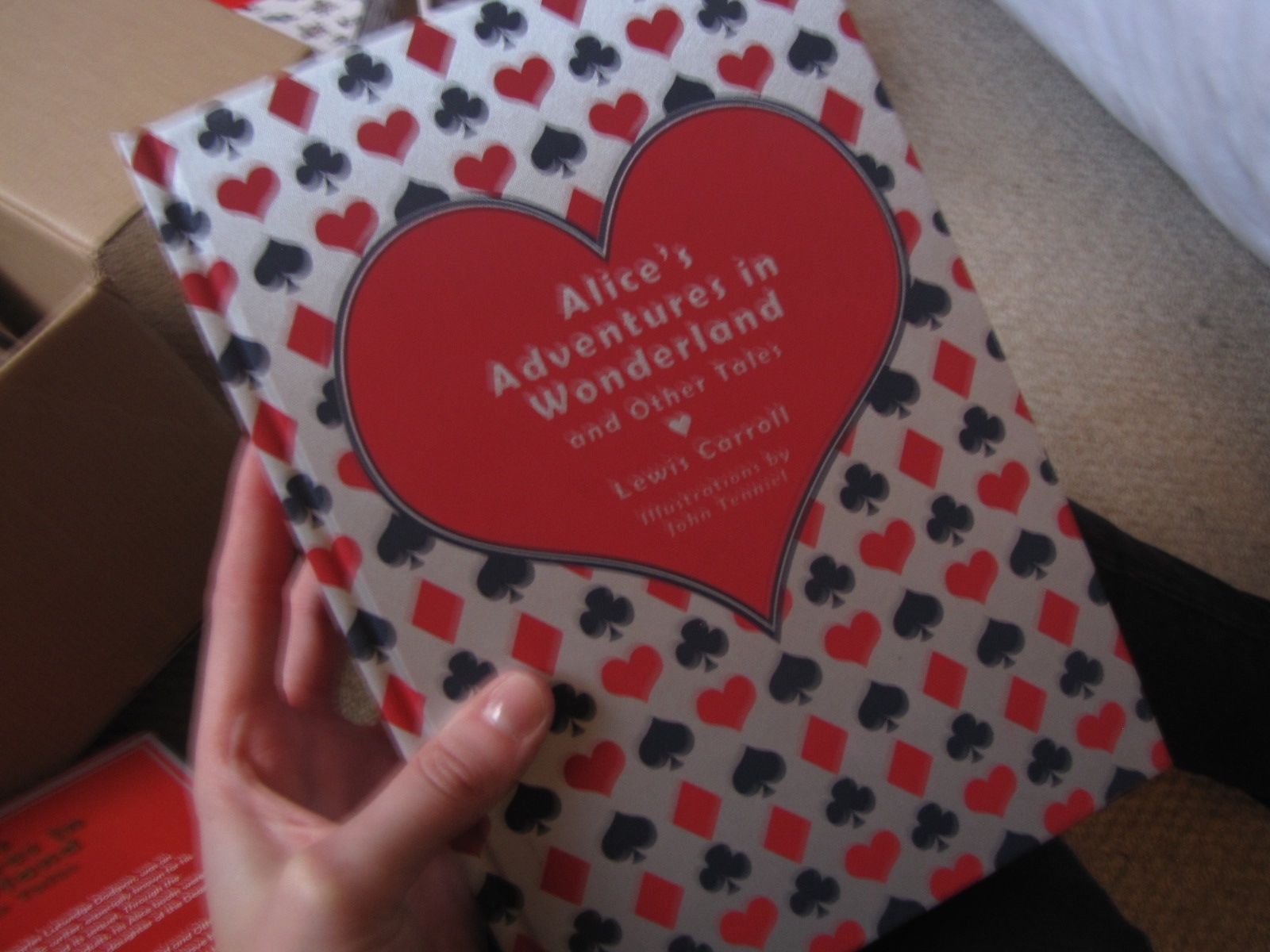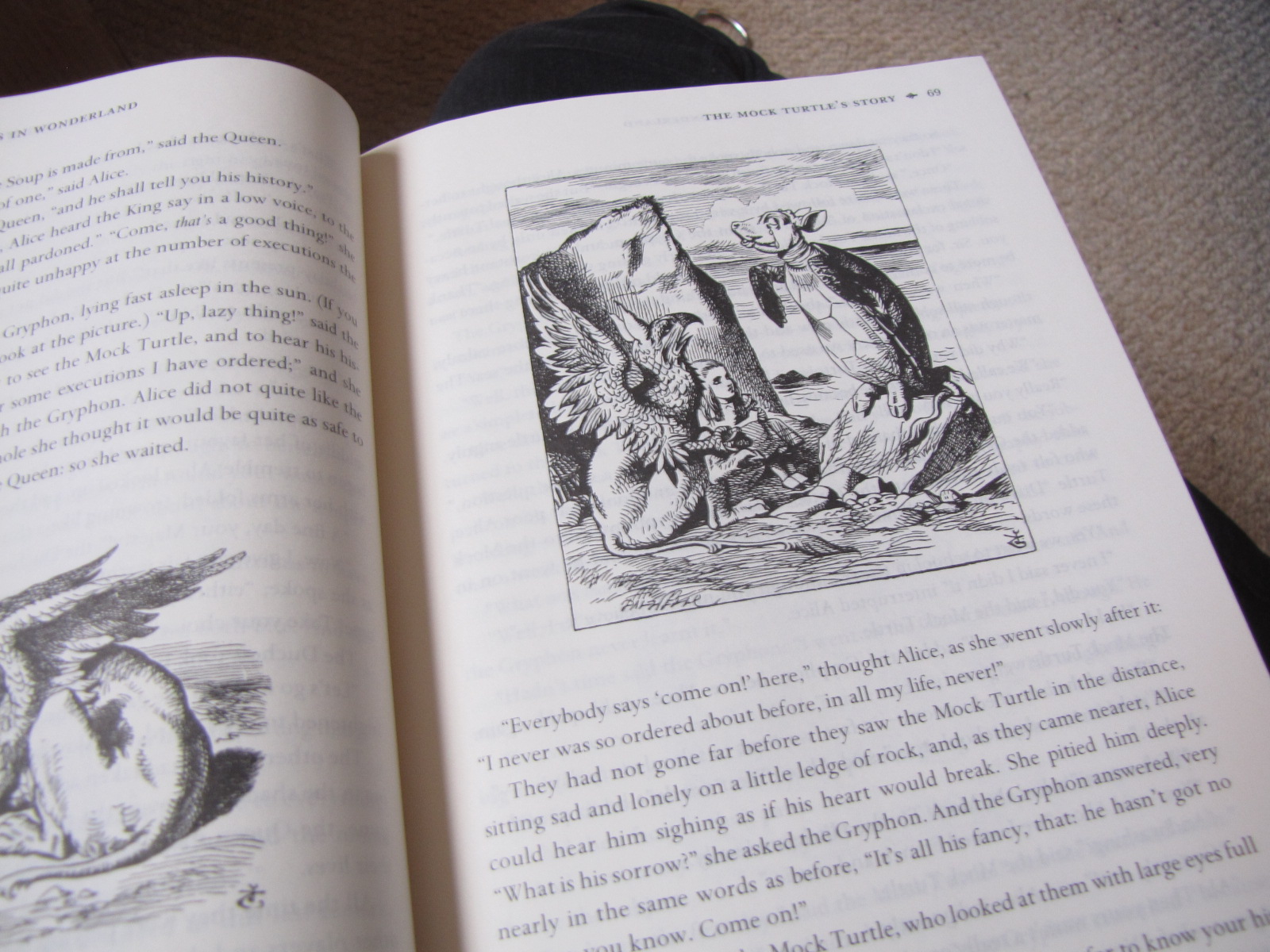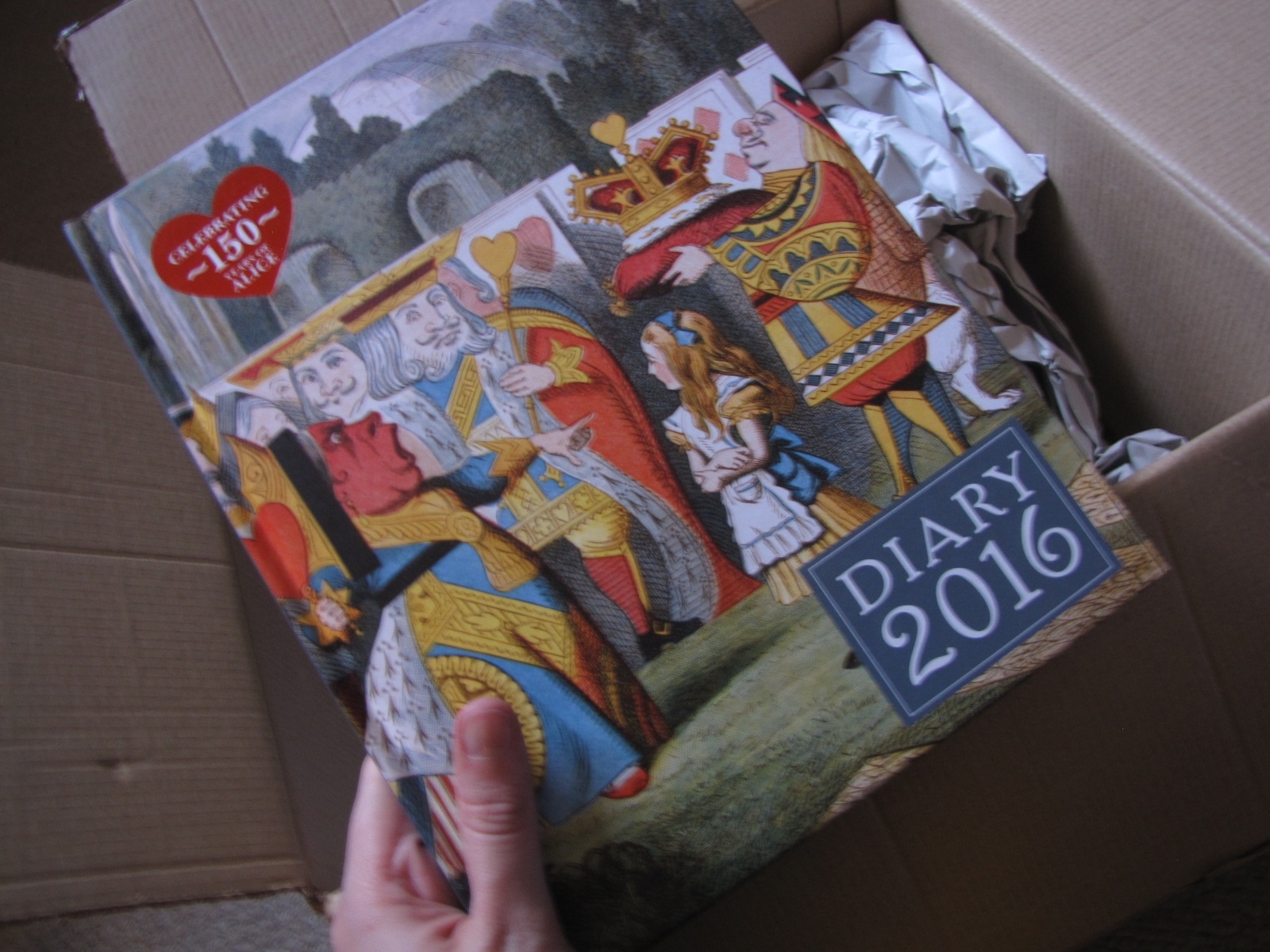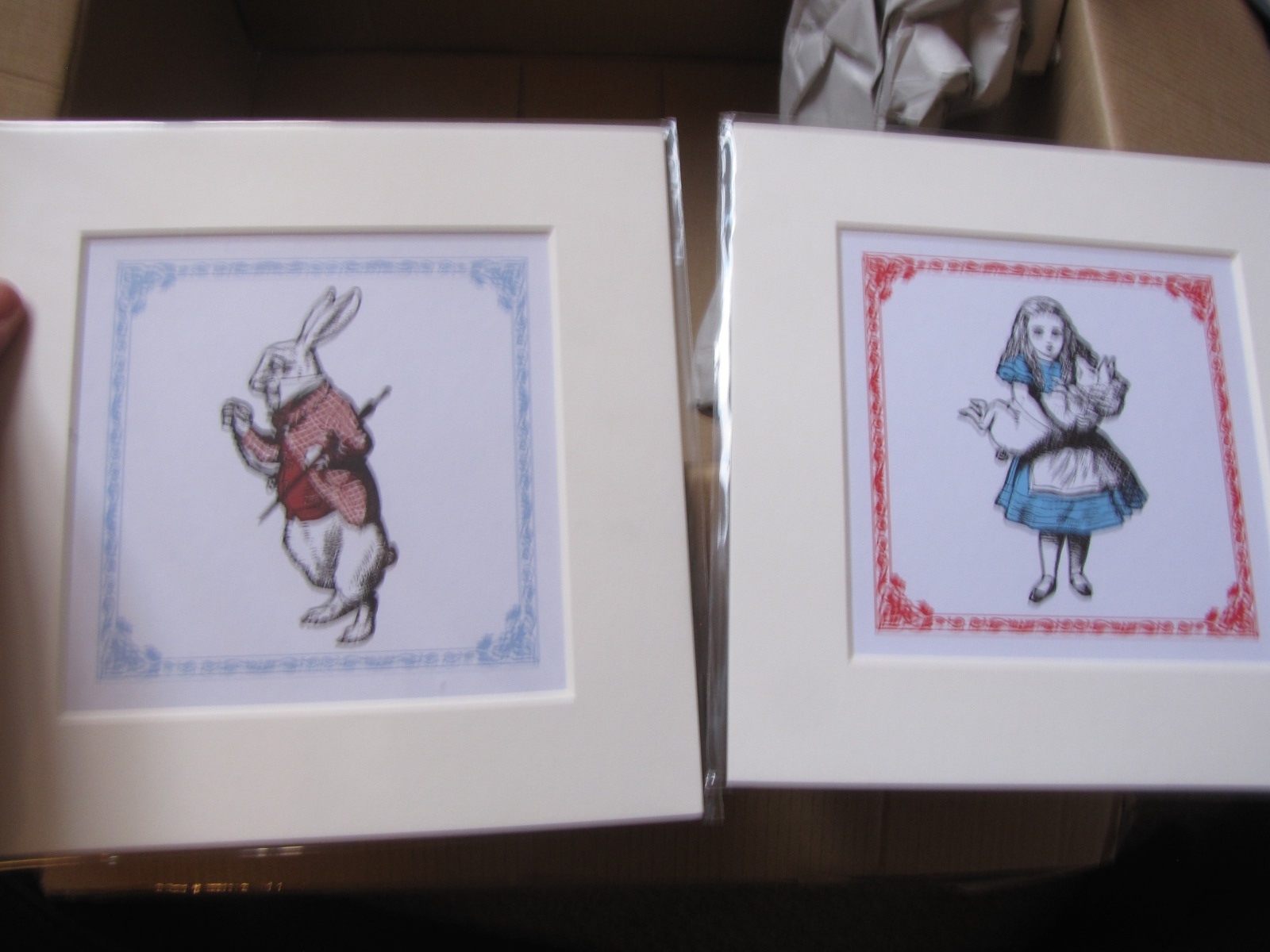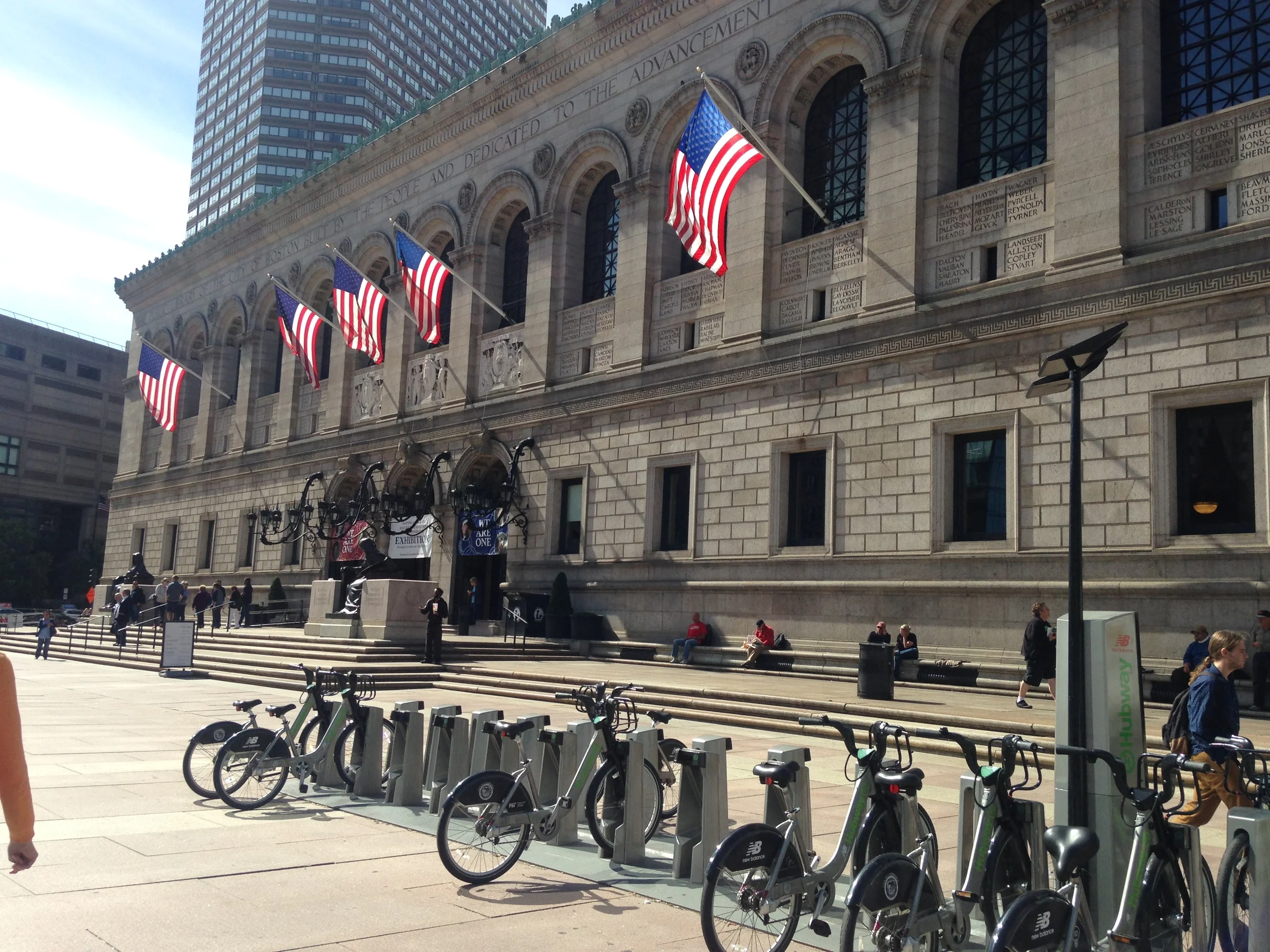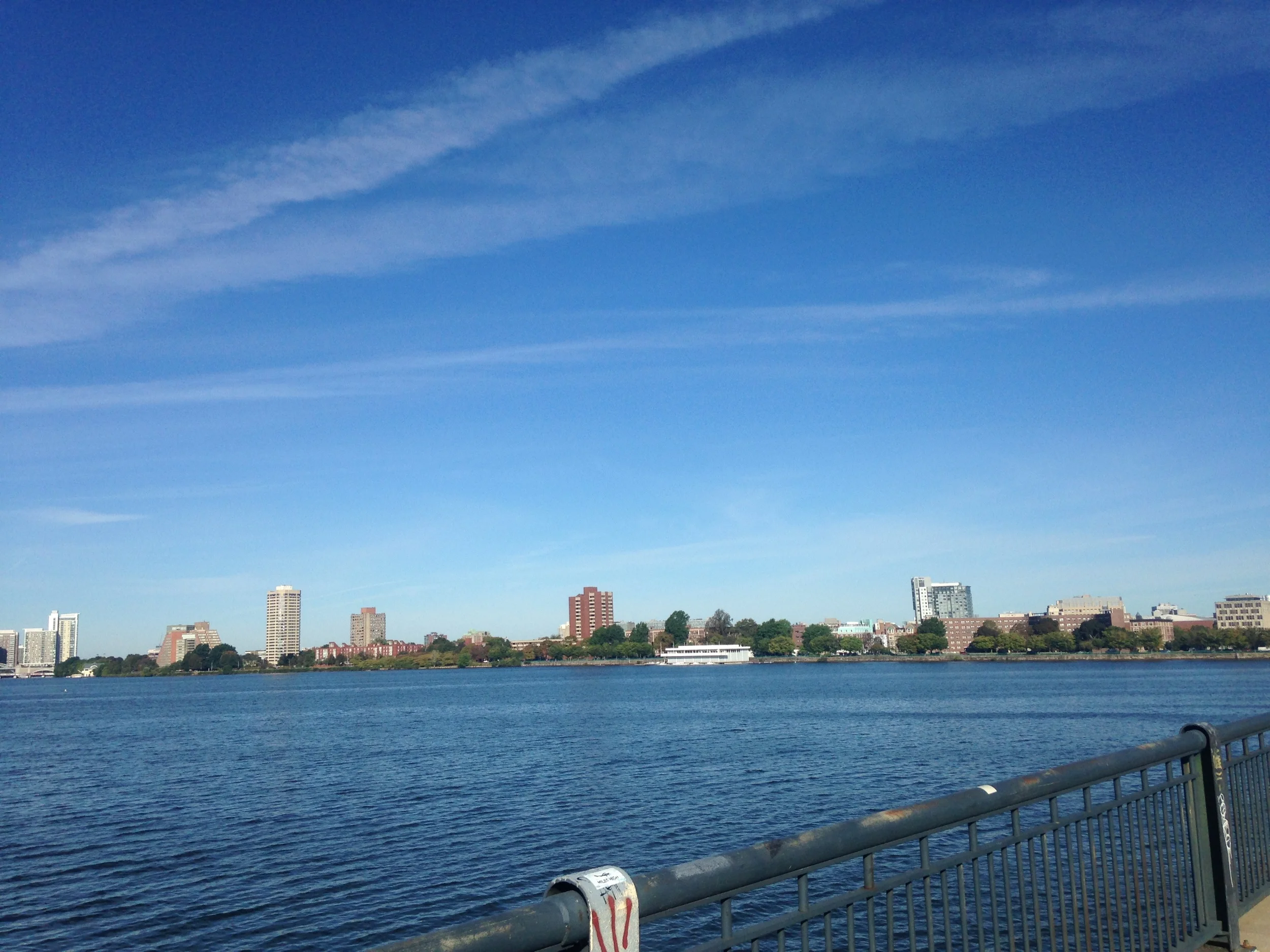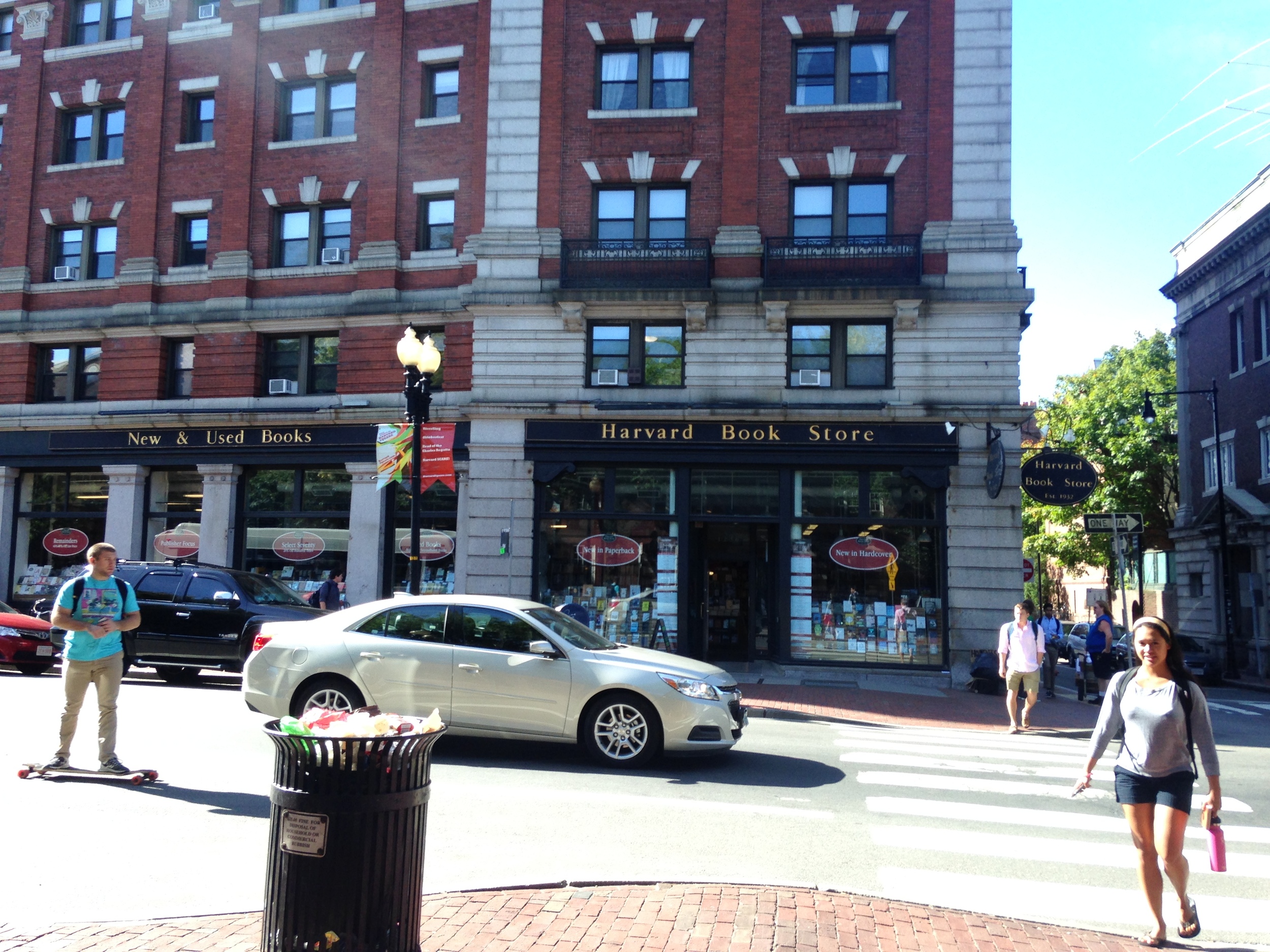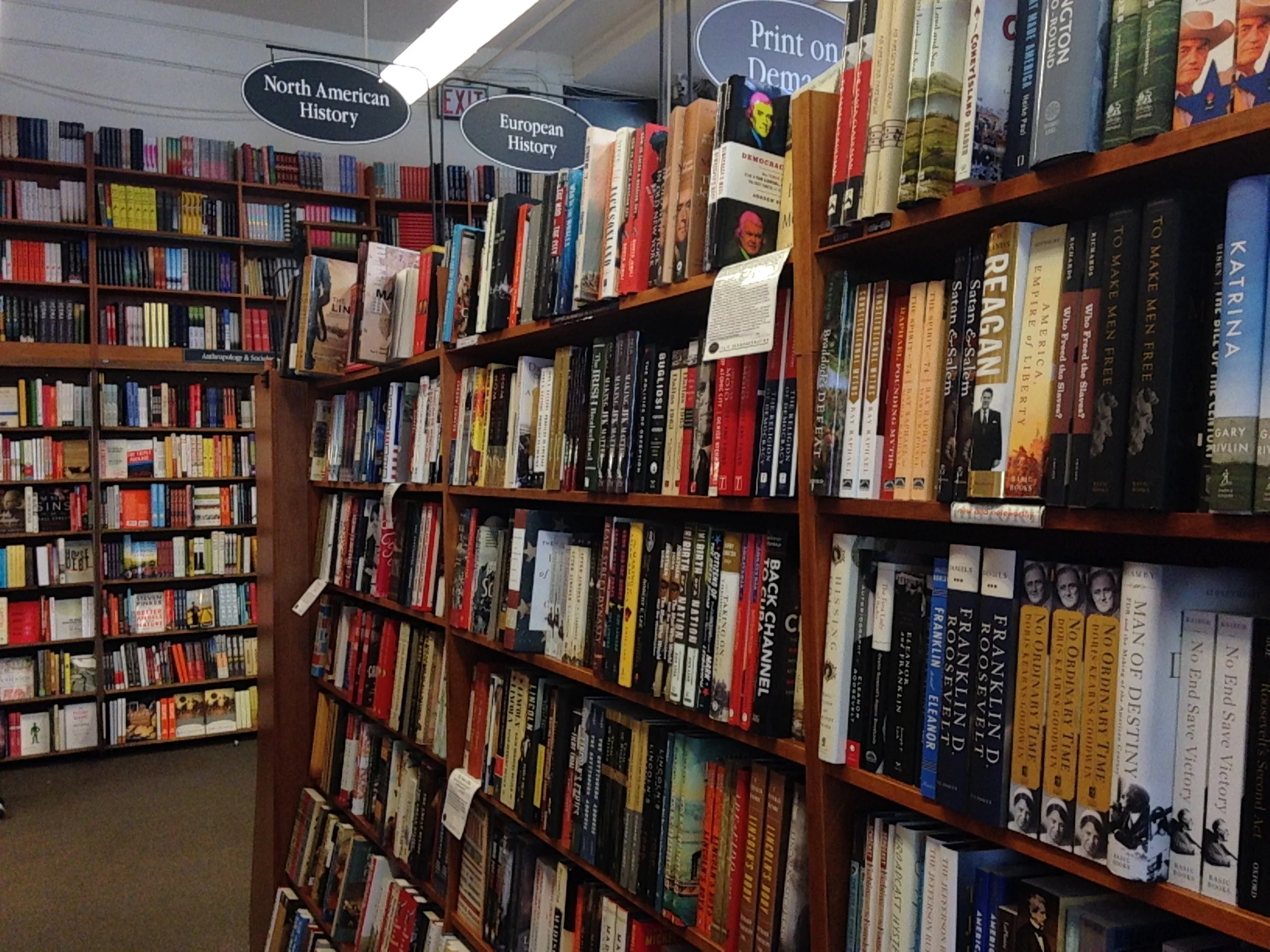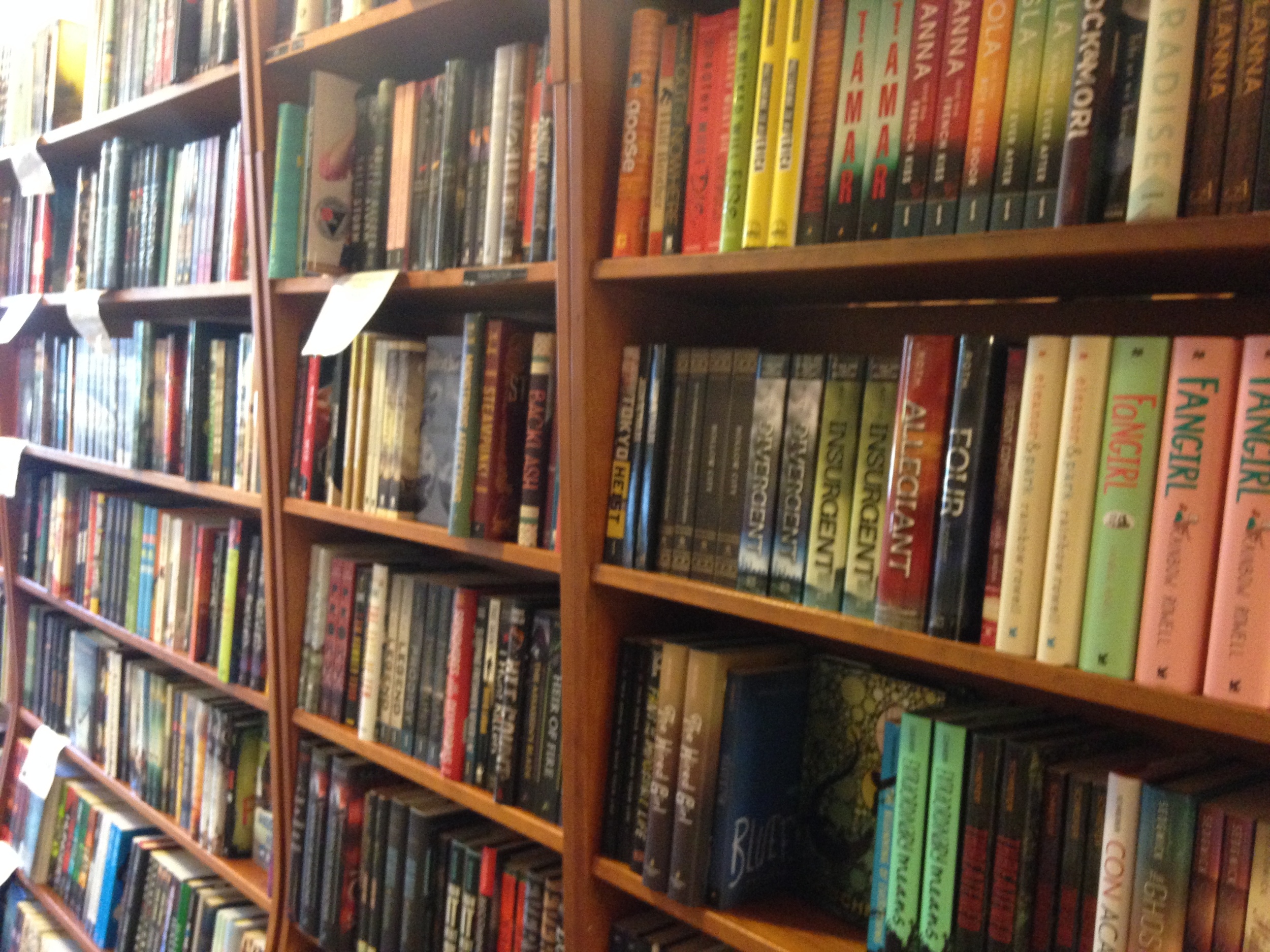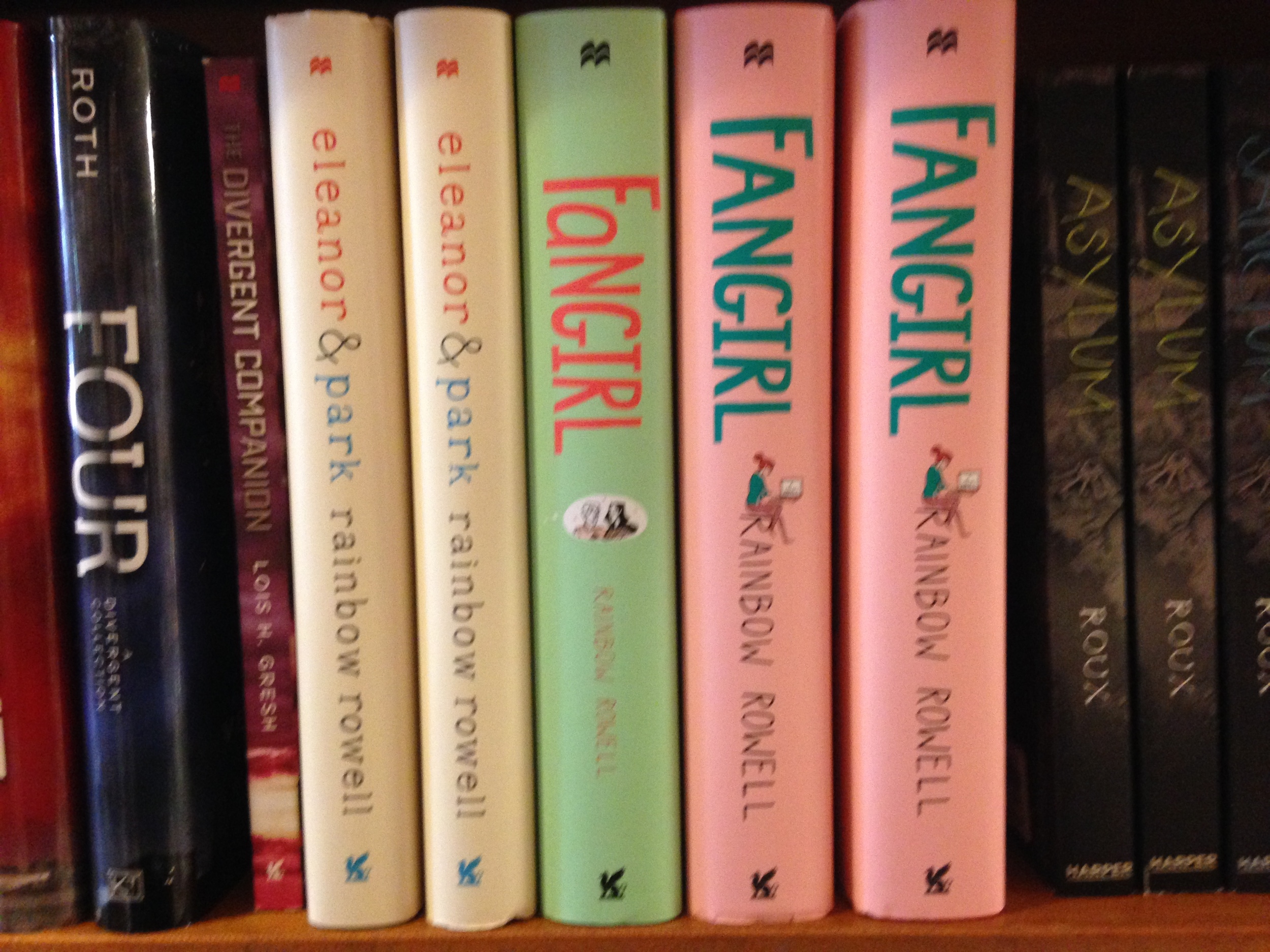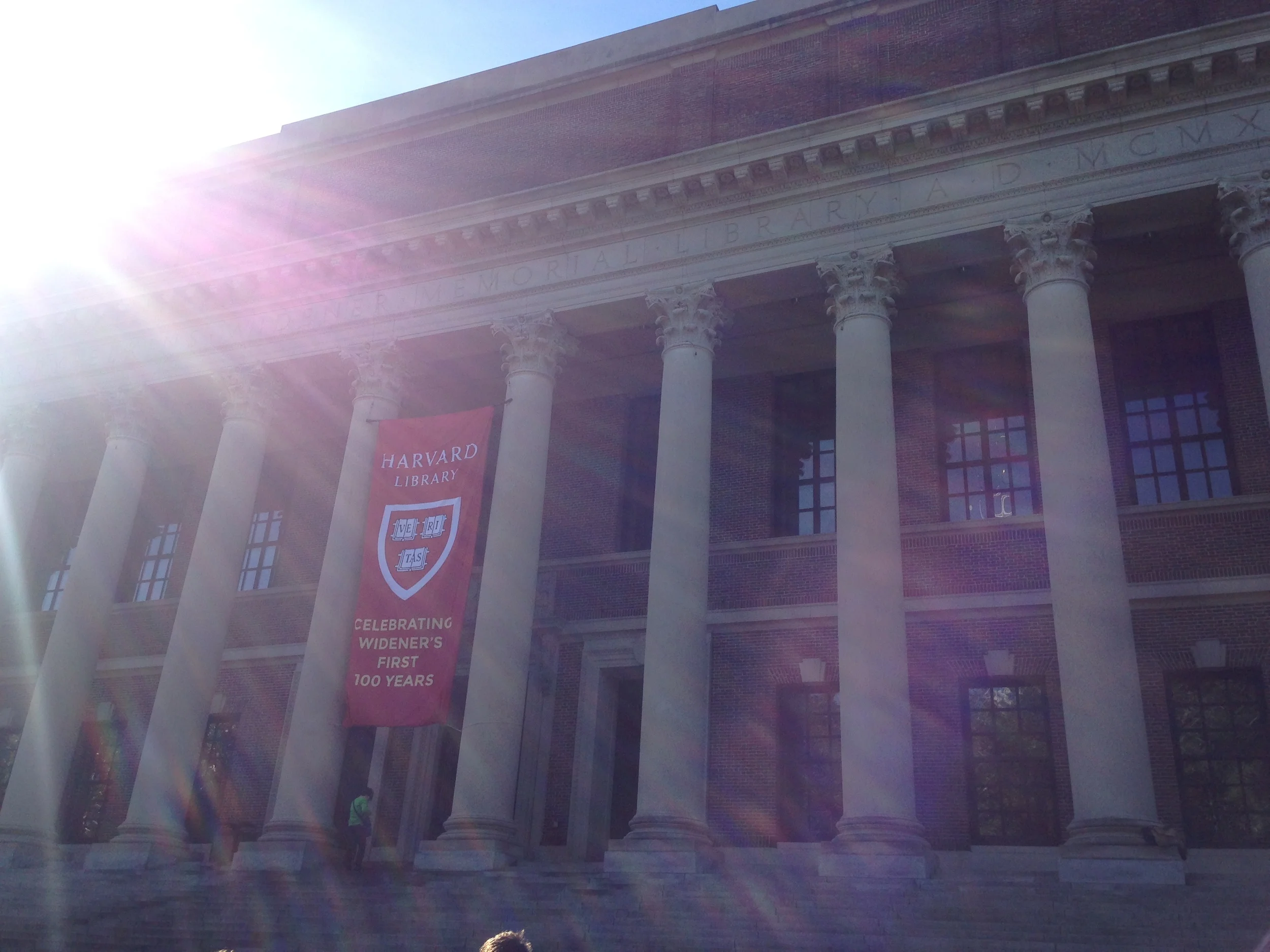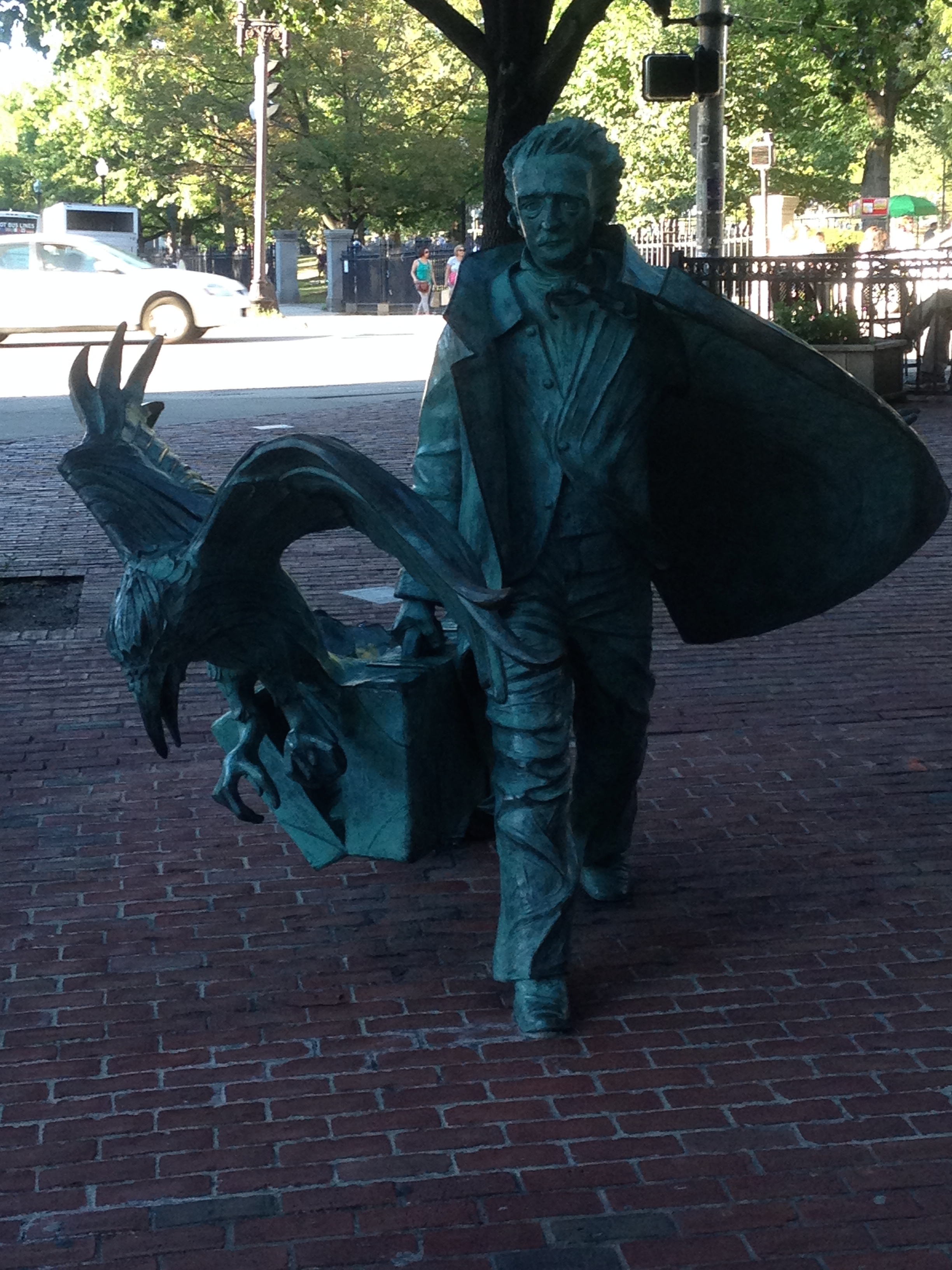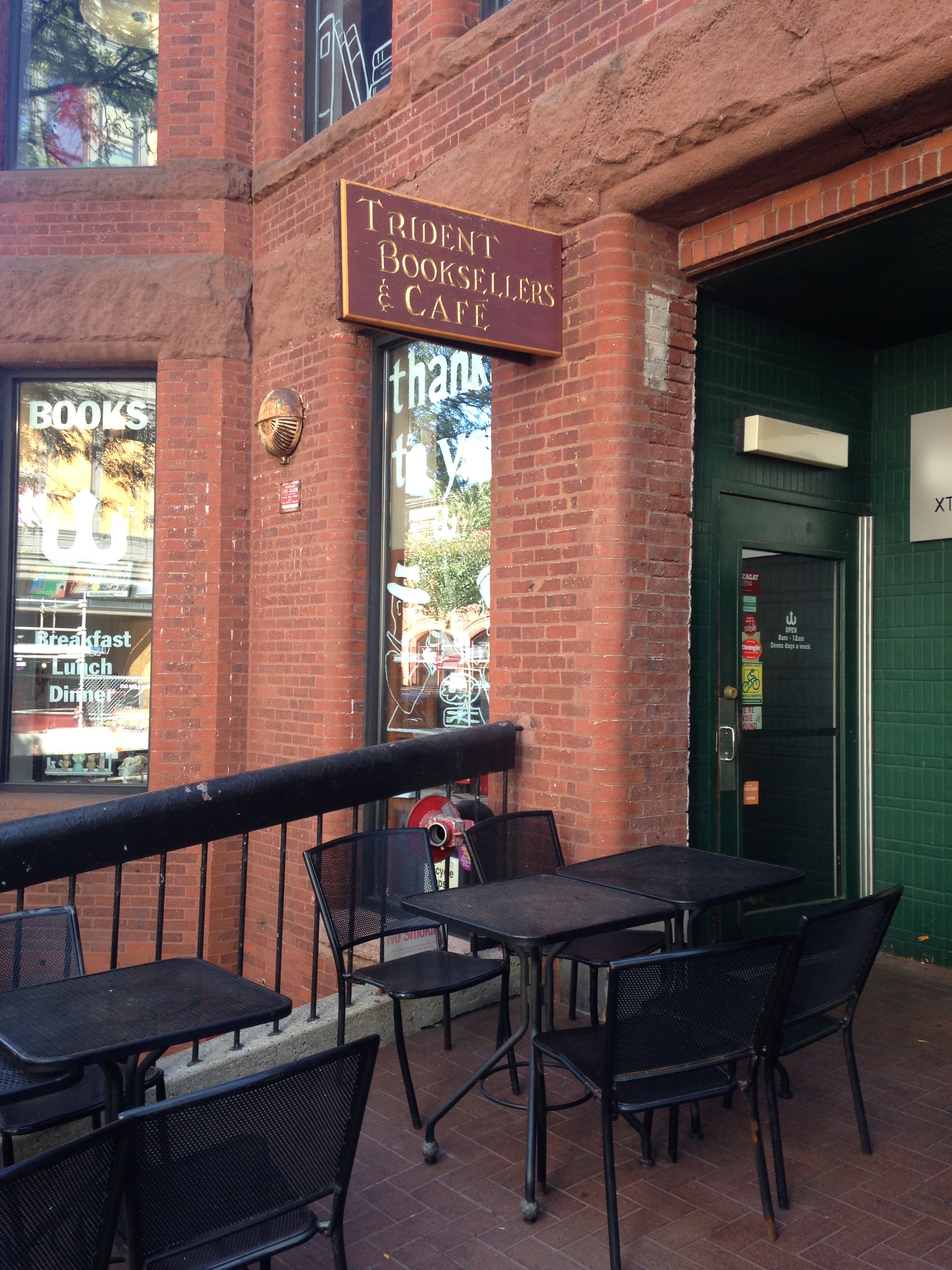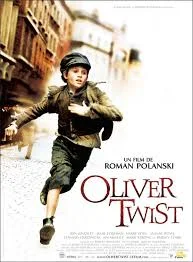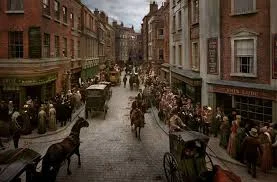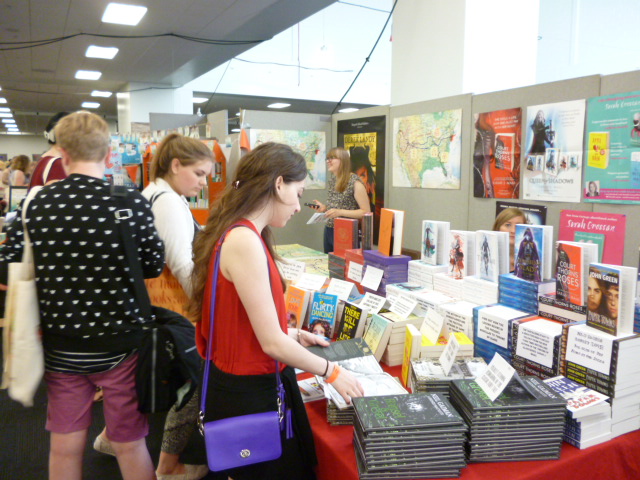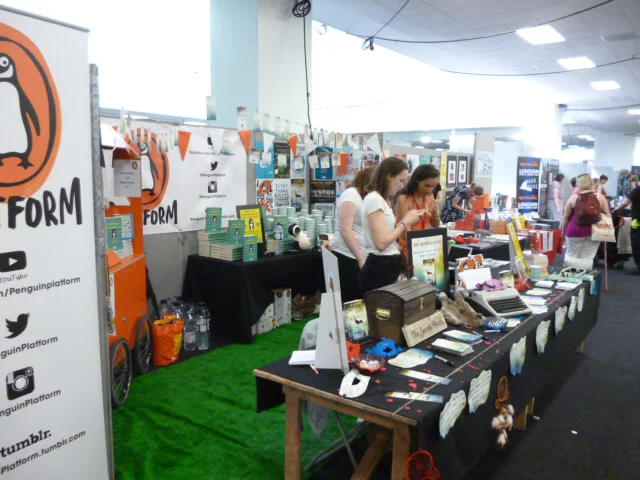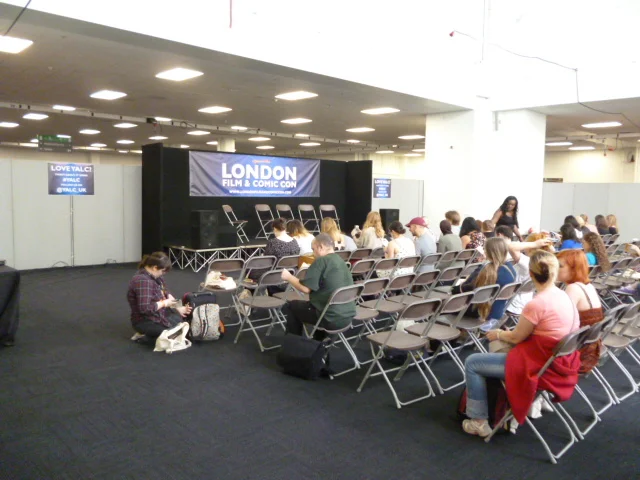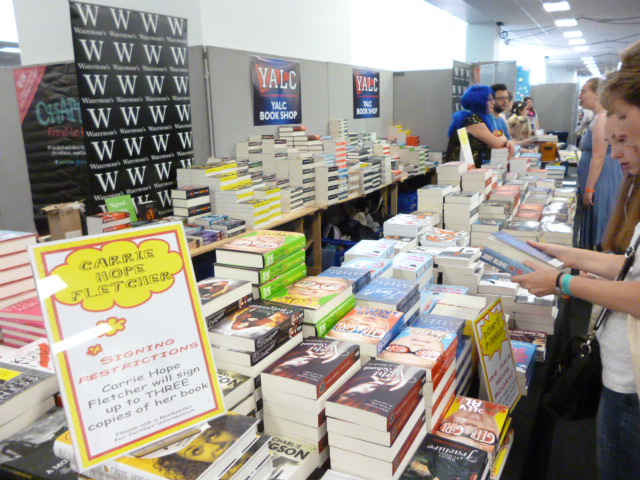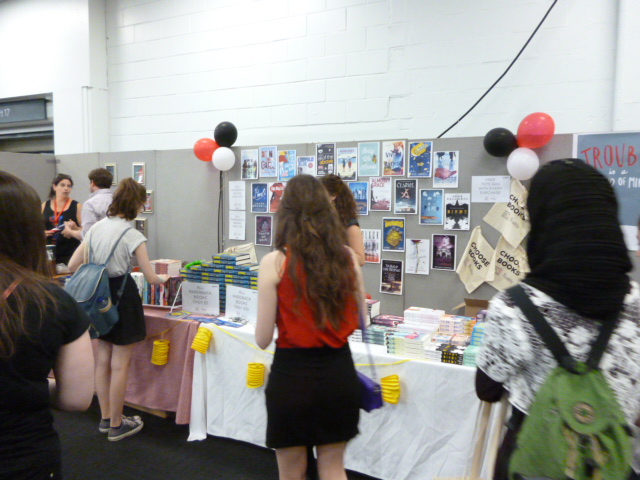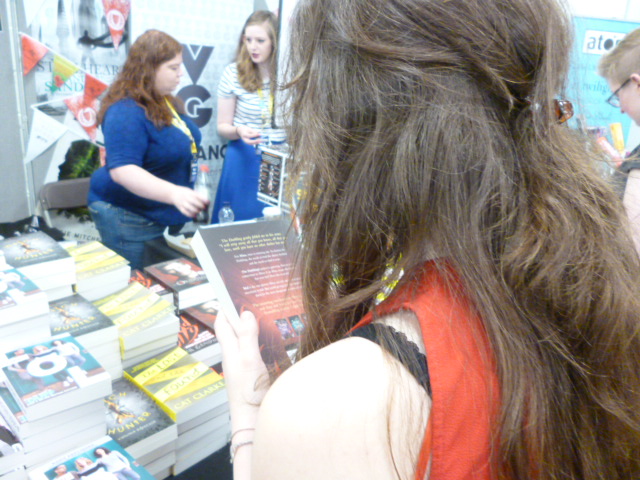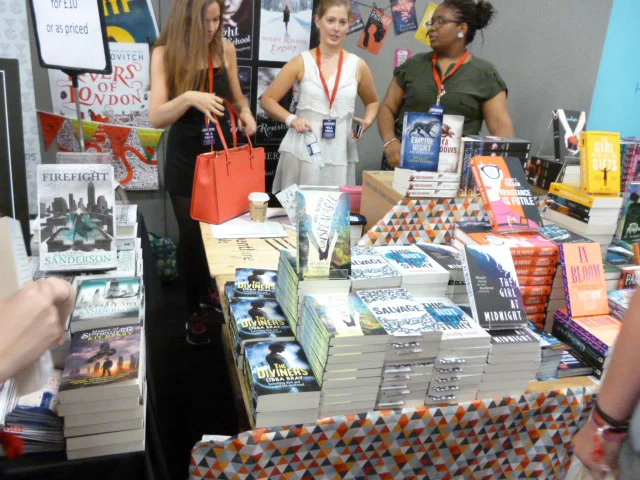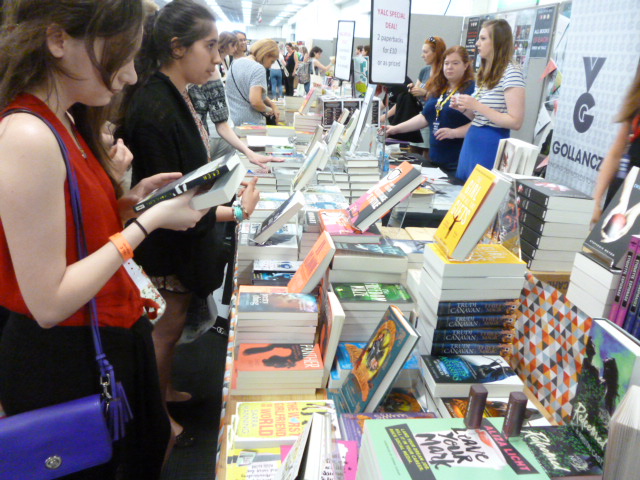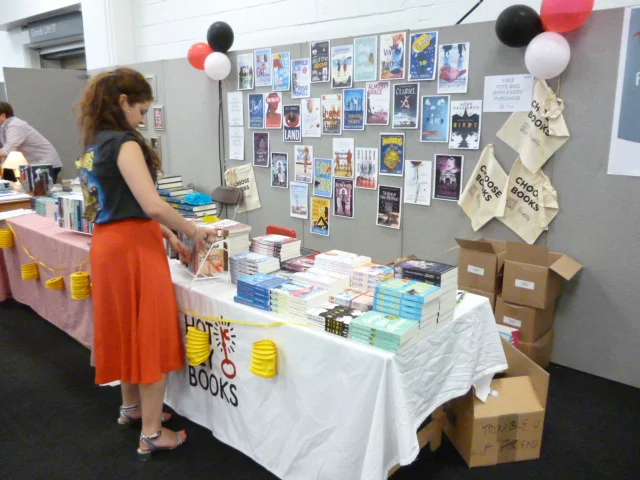Then it was time for the most interesting talk of the day (and maybe even YALC): Being a Girl. The authors on this panel were the wonderful Malorie Blackman, Hayley Long, Holly Smale, Laura Dockrill and CJ Daugherty.
This panel was my favourite one, because the topic is closest to my heart and I disagreed with some of what was said. I always love attending panels where speakers dare to be controversional and have the audience against them - in this panel, I felt like that was the job of Hayley Long. This also means that I took the least notes, because I was too obsessed with the awesomeness of this panel.
Early in the panel, the discussion turned to the term "feminism" and whether it works. Hayley said that she doesn't feel like she needs to label herself as a feminist, because everyone should be for equality. She later suggested we should label people who don't believe in equality. As prominent as that thought of mind seems to be, I was very happy Malorie immediately disagreed and said that there wasn't equality and if you did believe in creating that, you should call yourself a feminist. The ladies stressed how important it is to teach the younger generation exactly what feminism means.
Besides the quite prominent discussion of the label, the authors also talked about creating feminist characters and they all agreed that it's about creating realistic characters. Holly said she tries to create someone who represents women as amazing as they are in real life - and that means they are complicated and strong. Laura pointed out that it's also important for female characters to support one another, and CJ even suggested they could save one another, instead of always having a man save a woman.
The panel all agreed that they don't actively try to write feminist characters (honestly, all these writers seem to just magically write amazing stories), but they just write women they see around them and the women they would want to be. Holly said that feminism has always been a part of her (she hit a boy when she was four when he said "she couldn't do something because she was a girl") and it always automatically comes out when she's writing. Malorie let her characters have their flaws - flaws that, especially boys in out society, are expected to hide. Laura created a fantasy world where female mermaids are in charge, so there was no way her story would end up not feminist.
They then discussed the term feminism some more and all, except Hayley, agreed that it should still be called feminism, even if there is a negative connotation. Holly said it remains feminism and we shouldn't let bad publishing ruin our term. I couldn't agree more.
And that was the end of day 2 for me. It was exhausting, but also so educational. I loved hearing all the panelist talk and discover new writers, like Holly Smale who had never been on my radar before. I can't wait until tomorrow and a whole morning of talks!
